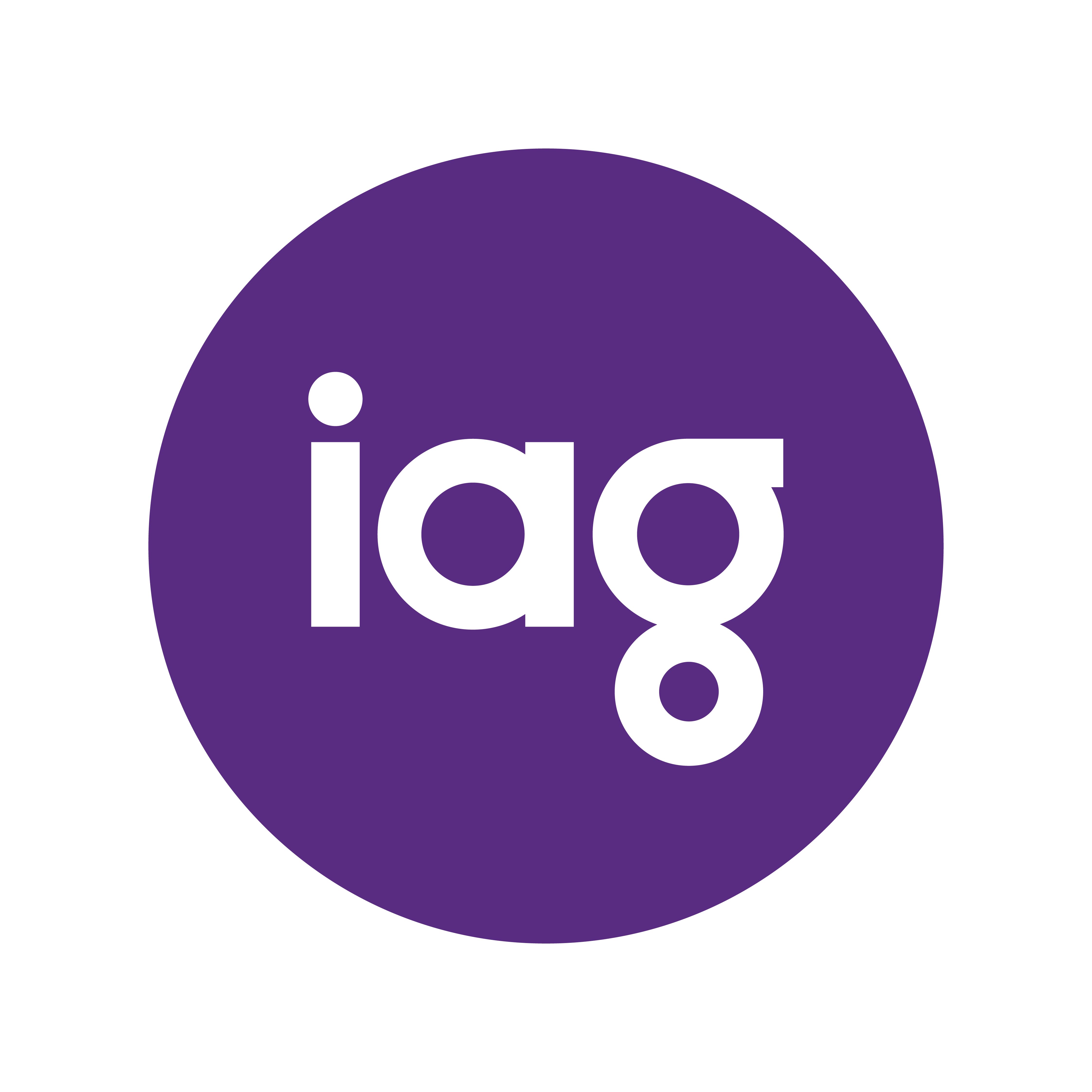It was a wintery Friday morning when Jane Hewlett’s* car was hit from behind on her way to work. Her car was still able to be driven safely, so she made it to work and called her insurer, AMI.
"It probably took 10 minutes to put in my claim," says Hewlett. "Then I got a call back saying it was approved; the next day I had a call from Repairhub, offering me an appointment.
"It was just all so easy. I got an email with all the instructions the day before then, when I arrived, everyone was so nice. They organised a loan car for me but I barely needed it, as they got the parts they needed for the repair overnight, which meant my car was ready the next day."
Hewlett isn't alone in wanting a smoothly handled vehicle repair. New Zealand's largest general insurer IAG – through its brands AMI, State and NZI – conducted research with several hundred customers last year. They found customers wanted a better experience in vehicle repairs.

"Customers want a quality and timely repair, a quick start to the work, good communication throughout the process and a mobility option," says Dean MacGregor, IAG's Executive General Manager, Supply Chain & Adjacencies.
"The research showed us there is still room to improve how repairs are managed – and we want to lead that. Our aim is to offer customers the premium repair network in New Zealand, made up of Repairhub and a trusted network of repairers, all offering an exceptional service."
"The reality is that having to get your car fixed often comes after a traumatic or dangerous accident," says McGregor. "We want our customers to know that if they need us, not only will their claim be handled well, but we can also connect them to an exceptional repair service that gets them back on the road as quickly, safely and stress-free as possible."
Like many other industries right now, the collision repair sector is fronting unique challenges. The lingering impact of Covid-19 restrictions, supply chain delays, access to spare parts, and skill shortages are some of the issues facing repairers.
"Last year, AMI, State and NZI insured 1.5 million vehicles and facilitated 143,000 repairs at a cost of $387 million," says McGregor. "Despite these issues, we knew our size could be used to benefit customers, for example, by leveraging purchasing power and supply chain influence."
In 2019, IAG also decided to invest in a rapid repair, non-structural repairs service, headed by Gary Geeves, a former Chairman and current Life Member of the Collision Repair Association: Repairhub.
Geeves now oversees five Repairhubs across the country, with an impressive current rating of 3.8 "key to key" days and a net promoter score (a customer satisfaction rating) of 92 out of 100.
"Customer service and team culture are everything to us," he say. "We have a saying where the answer is 'yes', now ask me your question. We are relentlessly positive. We actively seek customer feedback and we measure absolutely everything. We want to know what our customers want and are always looking for ways to improve."
Streamlining processes offered opportunity. "A lot of the work is pretty similar," says Geeves. "It's bumps and dings, it's minor paint damage. We could see a way of coordinating these types of jobs to get cars back to customers earlier, while still prioritising quality of the repair."
Repairhub focuses on non-structural jobs and convenience for customers: "We felt we could have more of an impact on the smaller and medium-sized jobs. Private repair shops are well set up for larger, structural work, and there are some very skilled practitioners out there. We felt we could add value by setting up an efficient, specialist production line to help get people back in their cars sooner."
A new Repairhub training centre has been built in Christchurch, exploring innovative repair techniques such as plastic welding, minor robotic paint jobs, among others. It will also allow the team to expand its apprenticeship offering, which will soon be the largest in the country.
Transparency "We are owned by IAG, so we knew the industry would scrutinise us. That's how it should be," he says. "We've high standards to meet, and we have to make sure we're delivering a quality service. This is about people's safety – these cars have to be repaired to the highest standards."
Repairhub's thorough quality standards include a rigorous audit programme covering health and safety, supply chain and customer experience, plus random spot checks by external assessors.
"We are subject to more audits than other repairers," says Gary. "But we wouldn't have it any other way. And while we are owned by IAG, we operate as a separate, adjacency business, held at arm's length with separate management and operational teams."
Repairhub is one part of a network of skilled repairers available for AMI, State and NZI customers, as the insurers recognise the panel approach is the ideal way to ensure full capability for customers – so they have a range of vehicle repairers to choose from.
Customers can choose their own repairer. For example, if they have a local repair shop that they've used for years. "It's about ensuring our customers have a great experience that works for them," says McGregor.
Repairhub sites are at East Tamaki, Onehunga (Auckland); Te Rapa (Hamilton), and Hornby, Sydenham (Christchurch), with others planned for Hobsonville, Wairau Park and Porirua late this year and next year.
*Name changed for privacy reasons

